
Sleep
Latest News

Latest Videos

CME Content
More News

Michael Thorpy, MD, professor of neurology, Albert Einstein College of Medicine, explored the mechanism of action in orexin agonists, which has been indicated for idiopathic hypersomnia.
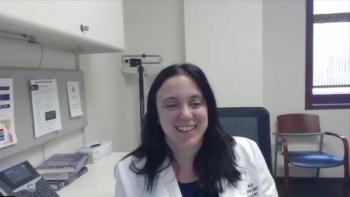
Melissa Jones, MD, shares insights into recent artificial intelligence (AI) innovations in the realm of sleep studies.
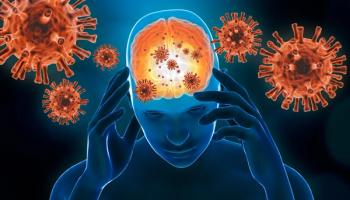
Findings from a retrospective study suggested a possible causal relationship between prior infection and the development of hypersomnolence disorders such as narcolepsy and idiopathic hypersomnia, but more research is needed.

A study assessing adolescents' self-reported sleep behavior and social factors unearthed a relationship between individual popularity and their sleep patterns.
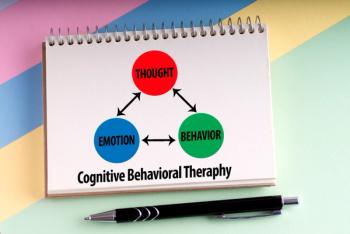
A secondary analysis investigating the efficacy of a digital, interactive cognitive behavioral therapy program for insomnia (CBTi) demonstrated the positive impacts of the program for patients with insomnia or a high risk of co-morbid insomnia and sleep apnea (COMISA).
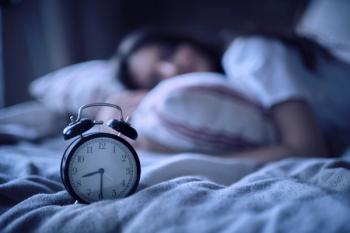
A recent meta-analysis drew limited conclusions about the impact of 1-night sleep restriction on cognitive function, stressing the need for further research consideration.
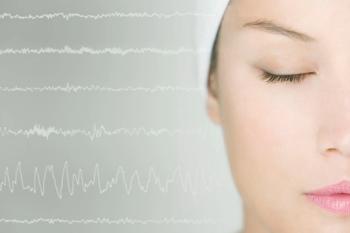
A large cohort study demonstrated the validity and reliability of single-channel electro-oculography (EOG) for sleep-stage classification.

The University of Utah Drug Information Service reports an unprecedented rise in shortages; cultural ethos and modern pressures contribute to sleep deprivation across the nation; rising death rates underscore the urgent need for expanded access to prevention and treatment measures
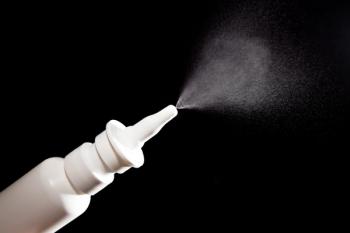
A small, double-blind study has revealed the promise of the BAY2586116 nasal spray to help manage severe forms of obstructive sleep apnea and lower an individual’s morning blood pressure.
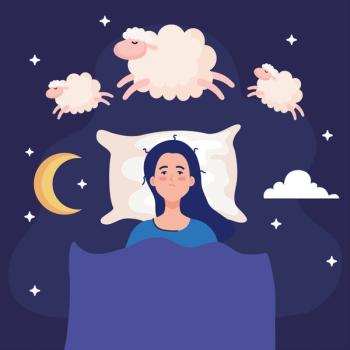
A cluster analysis demonstrated the potential for the Multiple Sleep Latency Test (MSLT) to aid in the diagnosis of central hypersomnia and distinguish between idiopathic hypersomnia subgroups.

A cross-sectional study utilizing self-reports from Chinese college students correlated mobile phone use with insomnia, bolstering previous research that made similar conclusions.

A cross-sectional study did not find significant associations between sleep health and consumption of caffeine from coffee or tea in older adults.

A placebo-controlled, double-blind, randomized study suggested that the consumption of yeast mannan may benefit sleep quality and gut health.
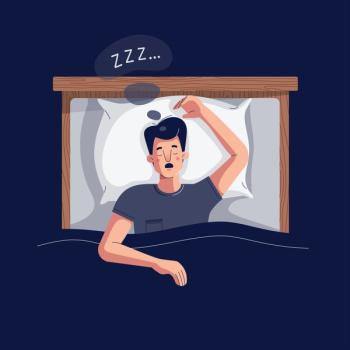
A large population-based study revealed the associations between sleep-disordered breathing (SDB) and risk for hypertension and diabetes through the use of metabolomic profiling.
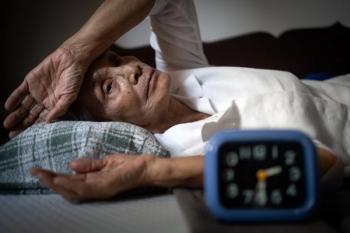
A case-control study finds altered sleep events and characteristics exhibited in elderly patients with epilepsy compared to younger patients with epilepsy, as well as those without.
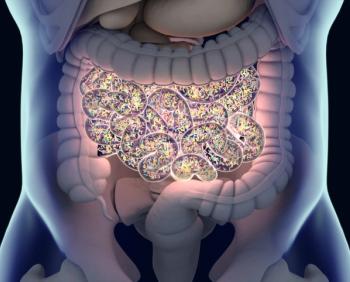
A bidirectional Mendelian randomization (MR) study found a casual relationship between sleep-related phenotypes (SRPs) and gut microbiota.
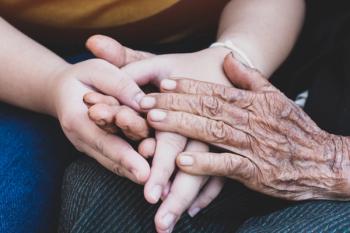
Researchers found significant associations between individual patterns and preferences for sleeping and their biological, phenotypical age.
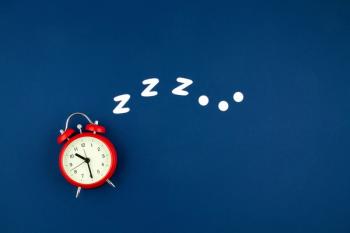
A global analysis of sleep duration and irregularity gathered data on the adult population’s sleep patterns.
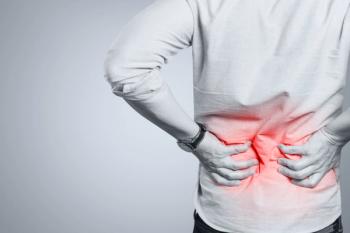
A systematic review of randomized controlled trials and prospective cohort studies concludes that sleep could be a prognostic component of lower back pain, but better evidence is needed.

A meta-analysis explored the individual components of cognitive behavioral therapy for insomnia (CBT-I) and suggested that cognitive restructuring, stimulus control and sleep restrictions provide the more benefits to patients.
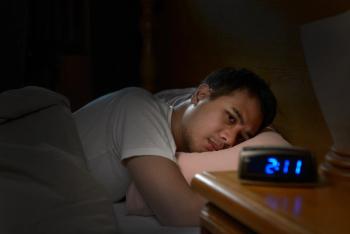
Insomnia in patients undergoing hemodialysis was not found to be significantly affected by cognitive behavioral therapy for insomnia (CBT-I) or pharmacotherapy.
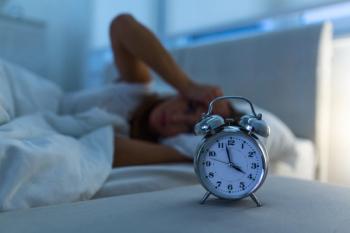
A genetic association study evaluated the relationship between anorexia nervosa and various sleep traits, indicating potential avenues for future research on the link between circadian rhythms and eating disorders.
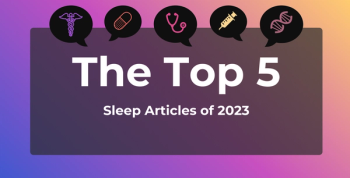
The top 5 most-read articles on sleep published on AJMC.com this year include content focusing on narcolepsy management, approval of medication to treat insomnia, and the association of metabolic syndrome with sleep duration.
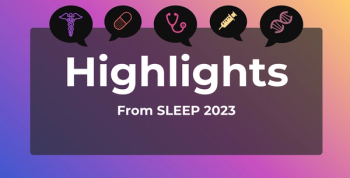
Key highlights from SLEEP 2023: long COVID-19's impact on sleep, racial disparities in sleep health, idiopathic hypersomnia prevalence, disrupted nighttime sleep's link to narcolepsy in children, and the ease of transitioning to lower-sodium oxybate in narcolepsy treatment while maintaining effectiveness.

A study investigating potential subtypes of idiopathic hypersomnia (IH) found that patients with IH who experience unrefreshing naps have less fragmented sleep compared with those who take refreshing naps, suggesting unrefreshing naps could serve as a supportive IH clinical feature.
















